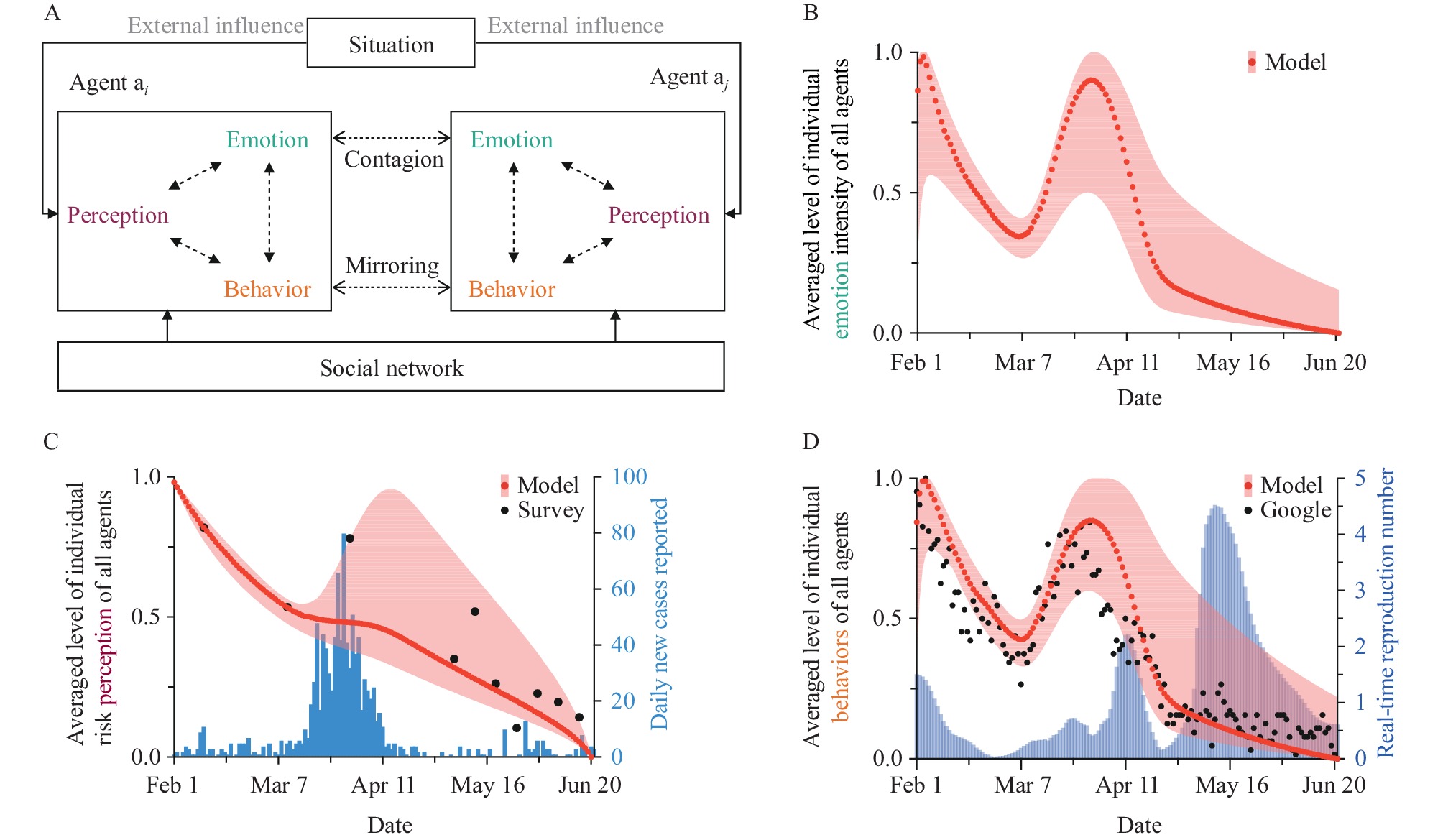
The Guardian has recently released an article claiming that the notion of “behavioural fatigue” throughout the COVID-19 pandemic is devoid of scientific support. The term “behavioural fatigue” surfaced in discussions when the UK Government referenced it as a justification for postponing more stringent public health initiatives, a position they subsequently retracted. In spite of assertions regarding the lack of scientific grounding for behavioural fatigue, a variety of studies have investigated the phenomenon of waning adherence during epidemics.
Findings indicate that shifts in risk perception can influence adherence to preventive strategies amid outbreaks. While some research underscores a decline in practices such as hand washing and social distancing as the epidemic unfolds, others present data showing steady compliance. Studies performed during various outbreaks, like the 2009 H1N1 flu pandemic and the 2006 avian flu outbreak, uncover variable patterns in adherence to prevention strategies.
Objective evidence of behaviour modification has been assessed through creative proxies, including television consumption and canceled flights during the 2009 outbreak in Mexico, with findings revealing initial increases in compliance that gradually lessens. Qualitative research also indicates resistance to behavioural regulations due to conflicts with personal obligations and financial strains.
Moreover, mathematical models propose that declines in adherence may propel the wave-like nature of epidemics. In contrast, some studies from the Netherlands and Beijing indicate steady or heightened preventative actions, suggesting the absence of behavioural fatigue.
Even though certain studies dispute the existence of behavioural fatigue, the issue remains significant, as researchers from various fields strive to integrate behavioural aspects into epidemiological models and economic systems.
In conclusion, scientists are encouraged to carefully assess the impact of their public statements, while individuals should acknowledge the significance of upholding life-saving behaviours throughout the pandemic, drawing motivation from communities that successfully maintained such practices during previous outbreaks.